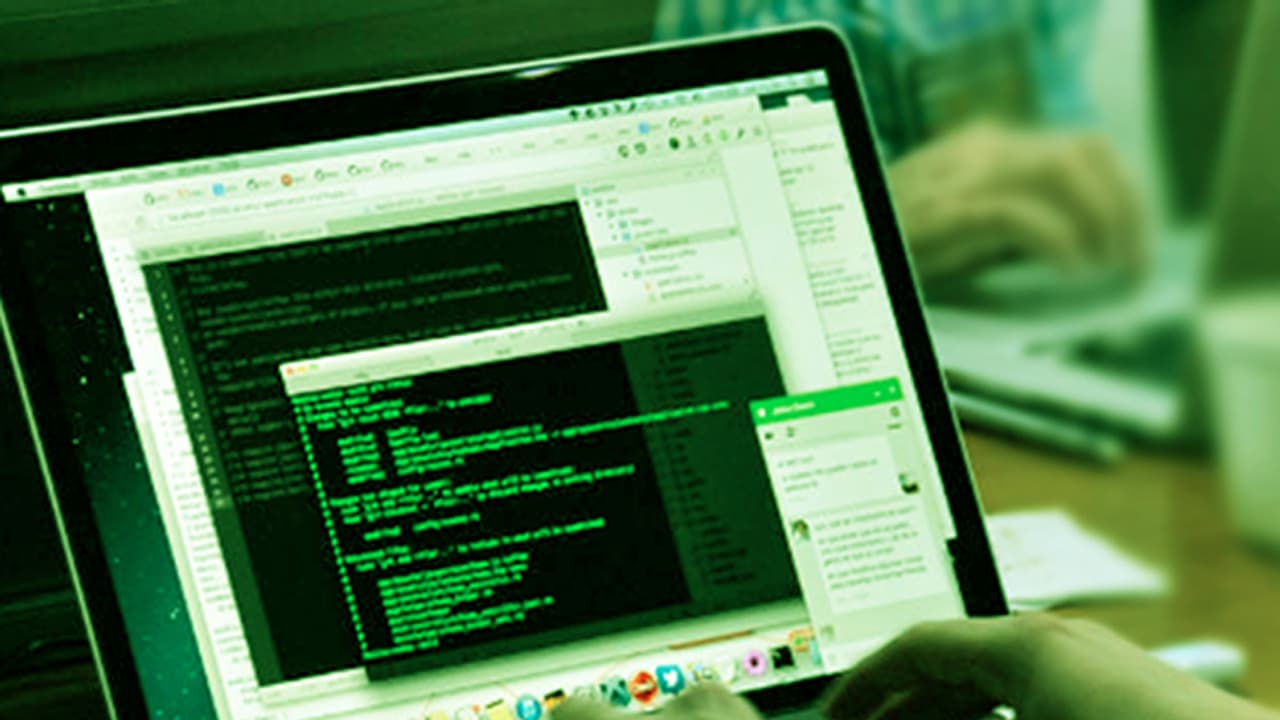The 'ransomware' cyber attack that has already hit tens of thousands of victims in 150 countries The attack is believed to be the biggest online extortion scheme ever recorded The attack held users hostage by freezing their computers, encrypting their data and demanding money
An unprecedented "ransomware" cyber attack that has already hit tens of thousands of victims in 150 countries could wreak even more havoc tomorrow as people return to their desks and power up their computers at the start of the work week.

Officials and experts today urged organisations and companies to update their operating systems immediately to ensure they aren't vulnerable to a second, more powerful version of the malicious software. The cyberattack paralysed computers that run Britain's hospital network, Germany's national railway and scores of other companies and government agencies worldwide.
The attack, already believed to be the biggest online extortion scheme ever recorded, is an "escalating threat" after hitting 200,000 victims across the world since Friday, according to the head of Europol, Europe's policing agency. "The numbers are still going up," he said. "We've seen that the slowdown of the infection rate over Friday night, after a temporary fix around it, has now been overcome by a second variation the criminals have released."
His concerns were echoed by James Clapper, former director of national intelligence under President Barack Obama. In an interview on ABC's "This Week," Clapper said the worry was "this ransomware attack will be even larger" as people return to their desks after the weekend.
The 200,000 victims included more than 100,000 organisations, Europol spokesman Jan Op Gen Oorth told The Associated Press. He said it was too early to say who was behind the onslaught and what their motivation was, aside from the obvious demand for money. So far, he said, not many people have paid the ransom demanded by the malware.
The attack held users hostage by freezing their computers, encrypting their data and demanding money through online bitcoin payment - USD 300 at first, rising to USD 600 before it destroys files hours later.
The effects were felt across the globe, with Britain's National Health Service, Russia's Interior Ministry and companies including Spain's Telefonica, FedEx Corp. In the US and French carmaker Renault all reporting disruptions.
